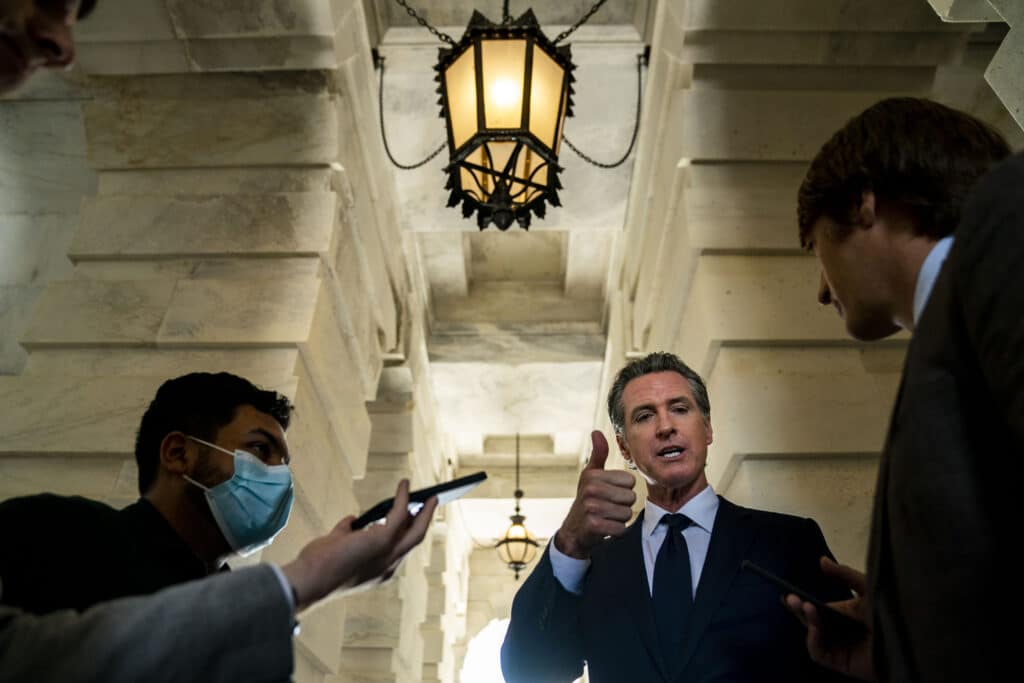Monkeypox: India confirms first death as US states declare emergency

Monkeypox cases are rising across the globe. (PinkNews)
India has confirmed Asia’s first monkeypox death, while three US states have declared a state of emergency.
A young man in Kerala became the fourth known fatality from the current monkeypox outbreak in non-endemic countries on 30 July.
Kerala’s health minister, Veena George, told The NewsMinute the man had tested positive for monkeypox in the United Arab Emirates before returning to India.
“The person… displayed fatigue and fever,” the state’s revenue minister K Rajan added.
The deceased was a military officer who came back to Kerala on 21 July. He went to hospital on 26 July after developing a fever and swollen lymph nodes before a rash emerged.
He had tested for monkeypox in the UAE on 19 July, but his family did not tell the authorities until 30 July, the day of his death. Before then, health officials didn’t think he had the disease.
Within three days of being admitted to hospital the man’s condition deteriorated, requiring a ventilator in the moments before his death, George added.
Officials have isolated 21 people who had come into contact with the man, health minister George said, adding that the federal government has formed a monkeypox task force to look into the man’s medical logs and work out why he delayed seeking help.
The man was one of three people in Kerala who have tested positive for monkeypox, George continued. The first patient received a positive diagnosis on 14 July and has since been discharged.
At least three other people have died of monkeypox since the outbreak began in May. One man in Brazil and two in Spain have passed away.
US states rush to declare state of emergency amid rising monkeypox cases
The US, with 5,800 cases reported, has scrambled to raise the alarm over monkeypox.
California, New York and Illinois have all declared a state of emergency.
California governor Gavin Newsom issued the declaration on Tuesday (2 August), following Illinois the day before and New York on 29 July.
The proclamations help state health officials streamline and coordinate a more robust monkeypox response, allowing emergency medical services personnel to administer federally-approved vaccines and better work with local governments.
The first case of monkeypox in the US was recorded in Massachusetts on 20 May.
Since then, California has confirmed 827 cases, and Illinois 520. New York has emerged as the epicentre of the outbreak in the US with at least 1,390 cases, according to the Centers for Disease Control and Prevention.

California governor Gavin Newsom has declared a state of emergency amid rising monkeypox case numbers. (Kent Nishimura / Los Angeles Times via Getty Images)
The symptoms of monkeypox can cause severe pain in some patients, but the disease is rarely fatal. This is partly why federal health officials have been reluctant to declare a national health emergency.
Science already has a good understanding of the virus, how it transmits and have a vaccine ready to go.
But researchers have noticed some key differences with the new wave of infections that have spread to countries where monkeypox was non-endemic.
It has so far disproportionately affected queer men, with more than 99 per cent of those infected being men who have sex with men.
Monkeypox is not a sexually transmitted disease but has spread through sexual networks. Scientists have even found the virus in saliva, semen and urine with it being unclear whether the fluids are infectious.
The pattern of monkeypox symptoms has also gone against what scientists have come to expect.
Many patients don’t report fever or even the disease’s hallmark rash. And lesions, while fewer in number, have been increasingly found in the genital, rectal and mouth areas and may cause bleeding.

